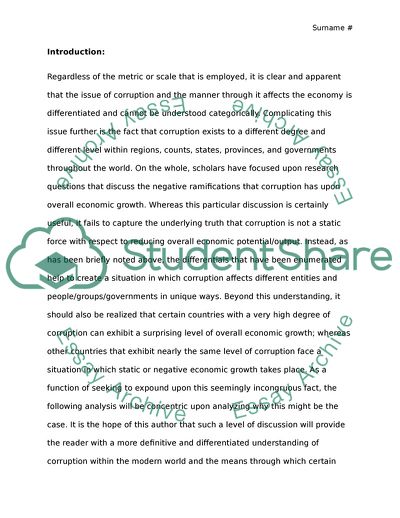Cite this document
(The effects of corruption on economic development Essay, n.d.)
The effects of corruption on economic development Essay. https://studentshare.org/macro-microeconomics/1815468-the-effects-of-corruption-on-economic-development
The effects of corruption on economic development Essay. https://studentshare.org/macro-microeconomics/1815468-the-effects-of-corruption-on-economic-development
(The Effects of Corruption on Economic Development Essay)
The Effects of Corruption on Economic Development Essay. https://studentshare.org/macro-microeconomics/1815468-the-effects-of-corruption-on-economic-development.
The Effects of Corruption on Economic Development Essay. https://studentshare.org/macro-microeconomics/1815468-the-effects-of-corruption-on-economic-development.
“The Effects of Corruption on Economic Development Essay”. https://studentshare.org/macro-microeconomics/1815468-the-effects-of-corruption-on-economic-development.


